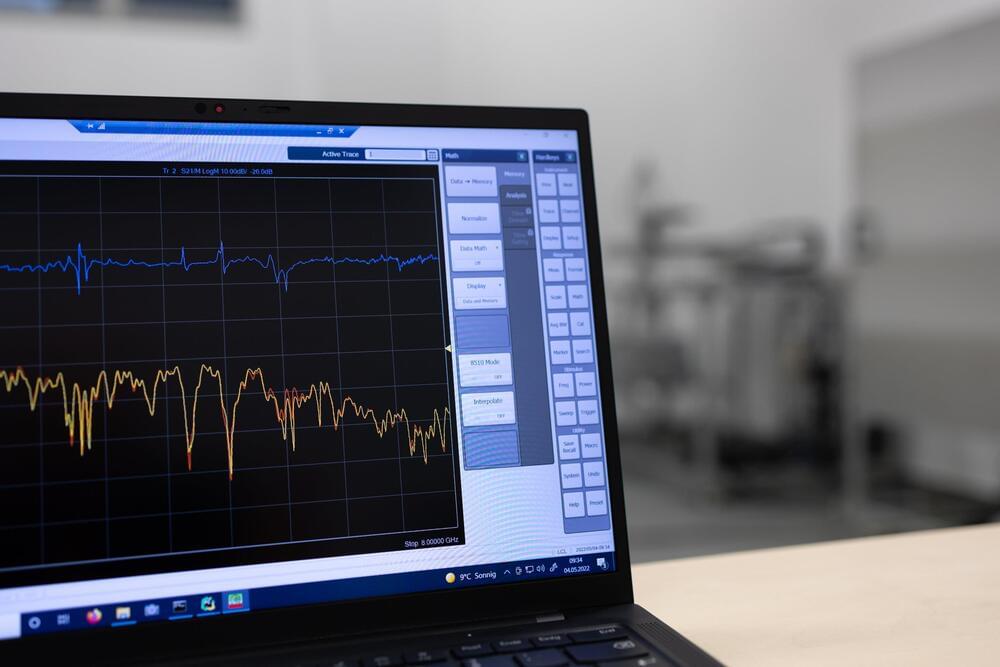As far as data security is concerned, there is an even greater danger than remote cyberattacks: namely tampering with hardware that can be used to read out information—such as credit card data from a card reader. Researchers in Bochum have developed a new method to detect such manipulations. They monitor the systems with radio waves that react to the slightest changes in the ambient conditions. Unlike conventional methods, they can thus protect entire systems, not just individual components—and they can do it at a lower cost. The RUB’s science magazine Rubin features a report by the team from Ruhr-Universität Bochum (RUB), the Max Planck Institute for Security and Privacy and the IT company PHYSEC.
Paul Staat and Johannes Tobisch presented their findings at the IEEE Symposium on Security and Privacy, which took place in the U.S. from 23 to 25 May 2022. Both researchers are doing their Ph.D.s at RUB and conducting research at the Max Planck Institute for Security and Privacy in Bochum in Professor Christof Paar’s team. For their research, they are cooperating with Dr. Christian Zenger from the RUB spin-off company PHYSEC.










Comments are closed.